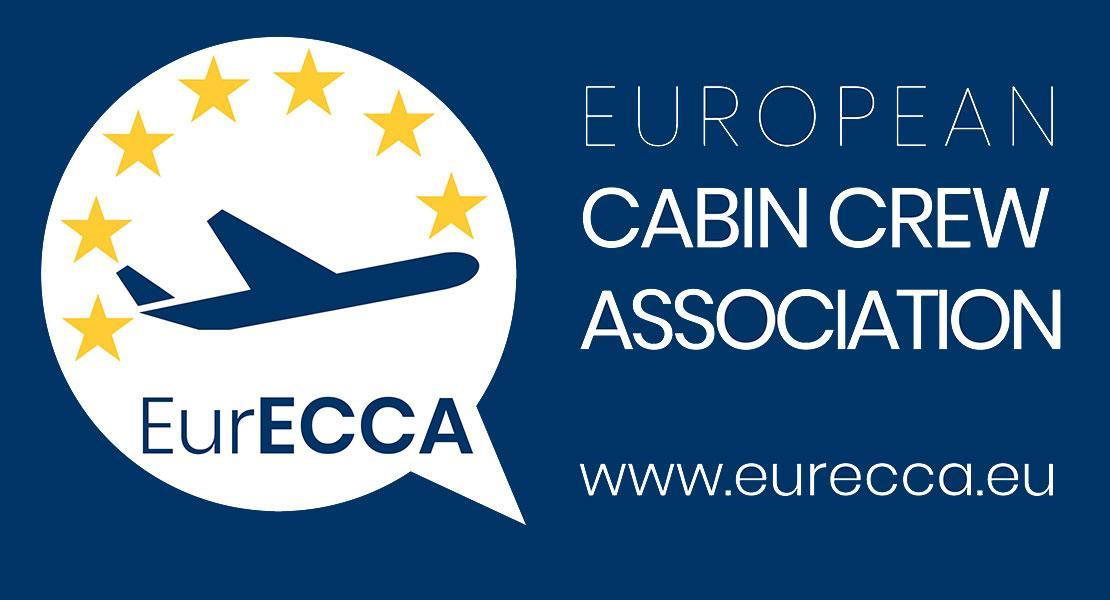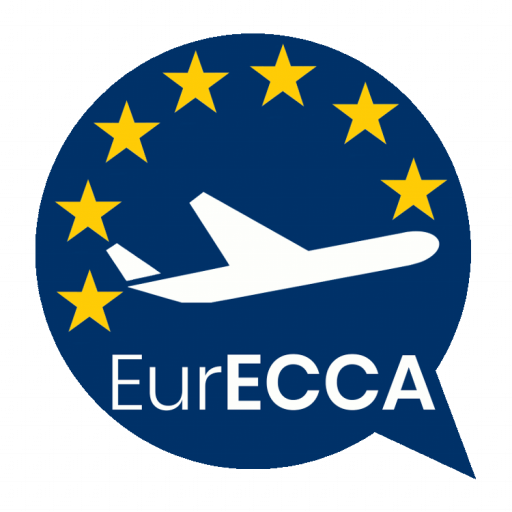EurECCA annual conference 2021
Over the past 2 years, we have been witnessing a deterioration of working conditions, including wages in the aviation sector, with Covid being the perfect cause that the Companies were so eager to more or less aggressively resize our status within the sector.
With Covid’s argument, we have seen the departure of many colleagues, being this, the most punished professional class in the aviation sector leading even to the disappearance of historical companies from the European framework.
However, and despite our awareness of the current instability in the sector, the first signs of recovery are appearing in a more consistent way, and we believe that Companies, States and public opinion in general should understand that the crewmembers and their families have done everything in their power as high economic efforts to help the Companies to survive this pandemic and recover as the market allows.
EurECCA cannot accept that the once ambassadors of the Companies, who play an important role not only at a commercial level but also in the safety and viability of the operation, be marginalised and above all held responsible for the deficient financial health of the airlines.
There is a social responsibility of the Companies and Member States towards the workers of the sector with regard to their serious management acts, which for years have been disguised and which led to the current situation of many Companies.
In parallel, the Member States, as well as the European Union itself, cannot condone unfair competition in the internal market, with yet another harmful tool such as the regime for the provision of services. This type of contracting should be stopped immediately as it does not serve our professional category, and will certainly lead to a short term degradation of the class, ending certain human and social factors, extinguishing jobs.
The competent authorities must be supervised so as to put an end to the signing of collective agreements with anti-constitutional clauses, calling into question all the efforts that the crewmembers of other companies have made to ensure their survival.
EurECCA considers it essential that there is greater supervision by the European Union, thus creating a more restrictive regulation that does not allow the successive tax infringements, standardising the laws and consequently not further deteriorating our category. Another concern, which was well expressed in this conference by its members, is the fact that European Companies are subject to competition from Companies that, despite operating in Europe, are not subject to the same competition rules, harming once more the Companies that comply with the rules, and an example of this is the Companies that clearly and directly receive State aid.
Another sensitive issue that has been worrying EurECCA is the legislation on the European Green Deal, and especially the repercussions that it may cause in the industry, such as the costs attributed to the Companies and its consequences, which may again be the crew members paying for them.
The SNPVAC alerted to the fact that certain companies such as TAP, which has already made a huge investment by contracting several neo aircraft, cannot be harmed now because they have already adhered to the new aeronautical technology that will certainly be the near future of aviation.
In recent years, we have also seen a deterioration of our working conditions in the aircraft themselves . galleys have been shrinking more and more, mobile crew rests have been removed, service concept have been adjusted, everything in order to increase revenue, discarding the very safety of the crew, and contributing to the increase of work accidents. In an industry where aircraft have more and more autonomy, EurECCA cannot accept that working conditions, such as resting or meal areas for the crew, are put in second place.
The successive attempts to pressure for changes in the various international regulations demonstrate clearly that the Companies want to gain control over the working conditions and rest of the crew.
Finally, our concern with the way in which Companies and Member States are managing the issue of vaccination was demonstrated, as we believe that it is important to regulate and supervise this issue in a uniform manner, without prejudice to any ideology or thought.
From this meeting we can conclude that a greater supervision of the crew-company relationship is required, where the States and the European Union cannot interfere with their social and economic responsibilities. The time has come for States and Companies to repay the effort that the crew members have been making on behalf of the survival of an industry extremely affected by this pandemic.
EurECCA represents, protects and develops the rights and needs of cabin crew all over Europe


